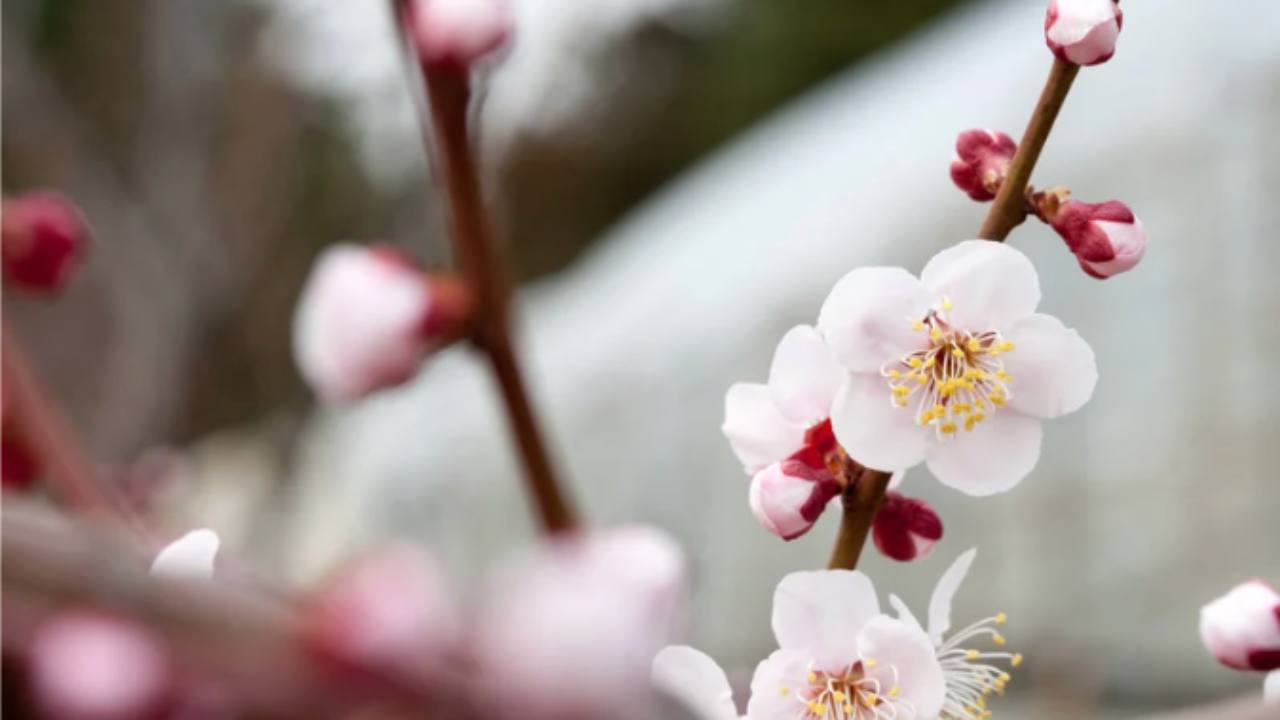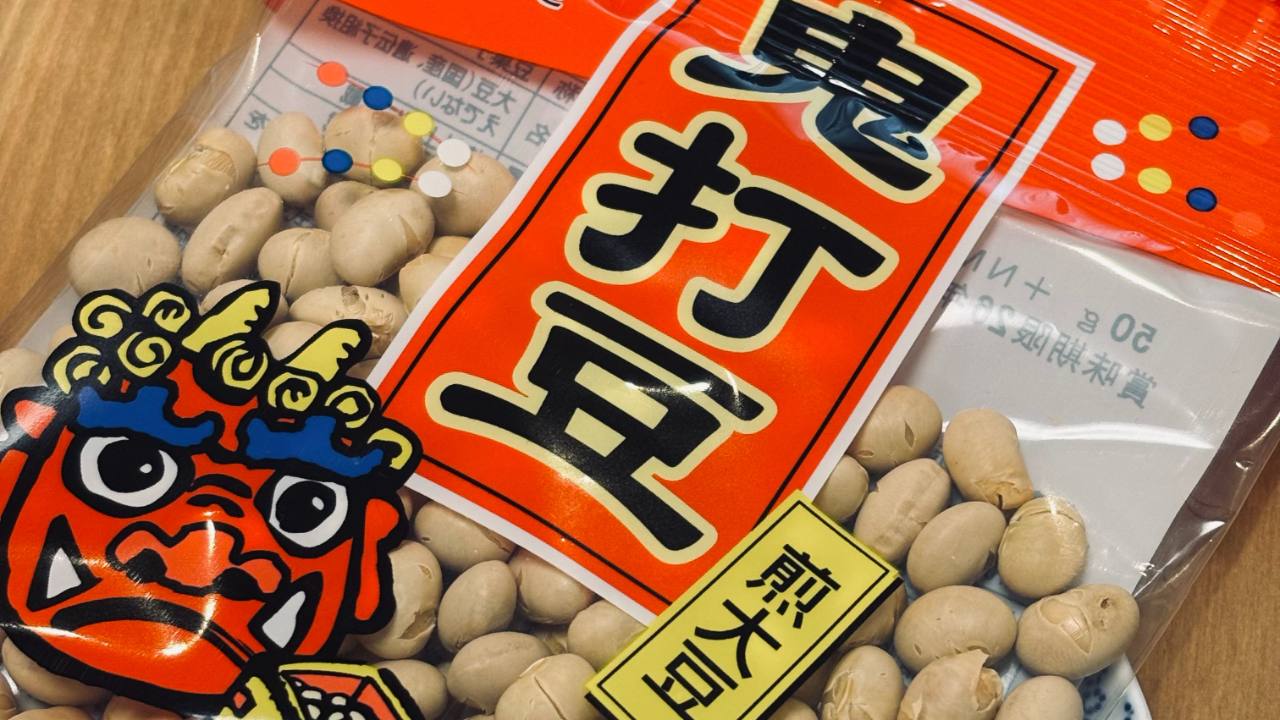「走り梅雨」/“Hashiri Tsuyu” – When the Rain Comes Early
こんにちは、いろはです。
Hello, this is Iroha.
今日は、日本語の美しい季節の言葉のひとつ、
「走り梅雨(はしりづゆ)」をご紹介したいと思います。
Today, I’d like to share a beautiful seasonal phrase from Japanese:
“hashiri tsuyu(走り梅雨)”, or “early-running rain.”
「走り梅雨」って?
What is Hashiri Tsuyu?
「走り梅雨」とは、梅雨入り前の5月下旬から6月初めごろにかけて、数日続く早めの雨のことを指します。
Hashiri tsuyu refers to a stretch of rainy days that appears before the official start of the rainy season in Japan — usually in late May or early June.
まだ梅雨には入っていないのに、まるでひと足早く梅雨が“走って”やって来たような気配のある雨。そんな意味が込められています。
It’s as if the rainy season has arrived a little ahead of schedule,
“running” ahead of the calendar — which is exactly what hashiri implies.
本格的な梅雨のじめじめとした重さまでは感じられず、
まだ空気もどこか軽やかで、
まさに「梅雨の予告編」のような、やさしい雨です。
The air still feels lighter than during the full rainy season,
and the rain has a soft, early quality —
a subtle preview of what’s to come.
「走り」という言葉の使い方
What does “Hashiri” mean?
日本語では「走り(はしり)」という言葉を、
ある季節や旬が本格化する“少し前の兆し”として使うことがあります。
In Japanese, the word hashiri (走り) can be used to describe the very beginning of something seasonal, particularly in relation to nature and food.
たとえば:
• 走り梅雨 …… 梅雨入り前の早めの雨
• 走りのたけのこ …… 春先に出回る旬のはじまりの筍
• 走りの果物 …… いちごやみかんなど、旬に入りかけの果物
Some examples include:
• Hashiri tsuyu – early rain that signals the coming rainy season
• Hashiri takenoko – early spring bamboo shoots
• Hashiri no kudamono – the very first fruits of the season (like strawberries or citrus)
この「走り」という言葉には、まだ“始まったばかり”の、初々しさや静かな期待感が込められているように思います。
満開ではなく、開きかけのつぼみを見るような気持ち。
それを美しいと感じる、日本らしい感性が表れています。
This use of hashiri reflects the Japanese appreciation for subtle seasonal transitions —
not just enjoying things in full bloom, but also noticing and cherishing their quiet arrival.
最近の空を見上げて、「まだ梅雨じゃないはずなのに…」と感じることがあれば、
それはきっと、走り梅雨がそっと訪れているのかもしれませんね。
When we look up at the sky and say,
“It’s not quite the rainy season yet, but it already feels like it,”
perhaps that’s hashiri tsuyu visiting us quietly.
季節の“はじまりの気配”に、心をすこし傾けてみるのも素敵な時間になると思います。
– いろは
I hope you’ll enjoy finding moments like these —
signs of the next season, just around the corner.
Warmly,
Iroha





